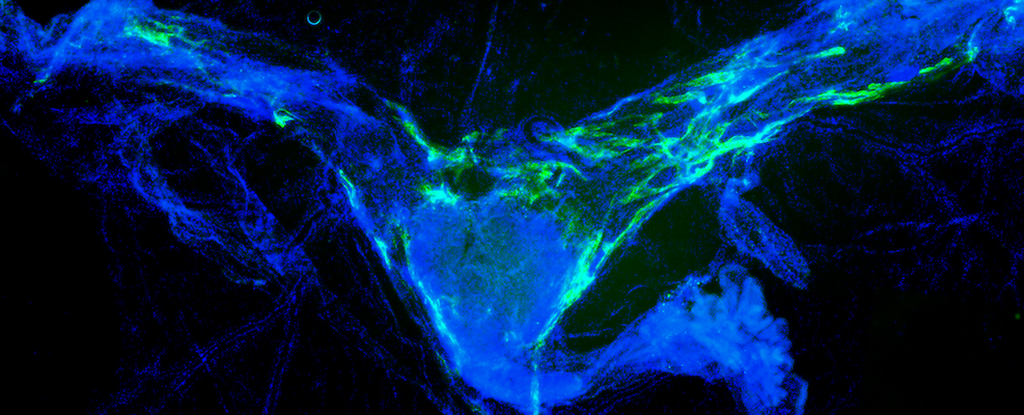The findings in mice suggest a new therapeutic approach to treating Alzheimer’s and other age-related diseases.
By Washington University School of Medicine – SciTech Daily
Many neurodegenerative diseases, including Alzheimer’s and Parkinson’s, are characterized by the presence of harmful protein clusters in the brain. Despite significant efforts to find ways to treat these conditions by removing these toxic clusters, progress has been limited.
Researchers at the Washington University School of Medicine in St. Louis have discovered a new way to improve the removal of waste from the brain, which may potentially lead to the treatment or prevention of neurodegenerative diseases. They discovered that immune cells surrounding the brain play a role in the efficiency of waste removal and that these immune cells are impaired in old mice, as well as in humans and mice with Alzheimer’s disease. Additionally, they found that treating old mice with an immune-stimulating compound can rejuvenate these immune cells and improve waste clearance from the brain.




